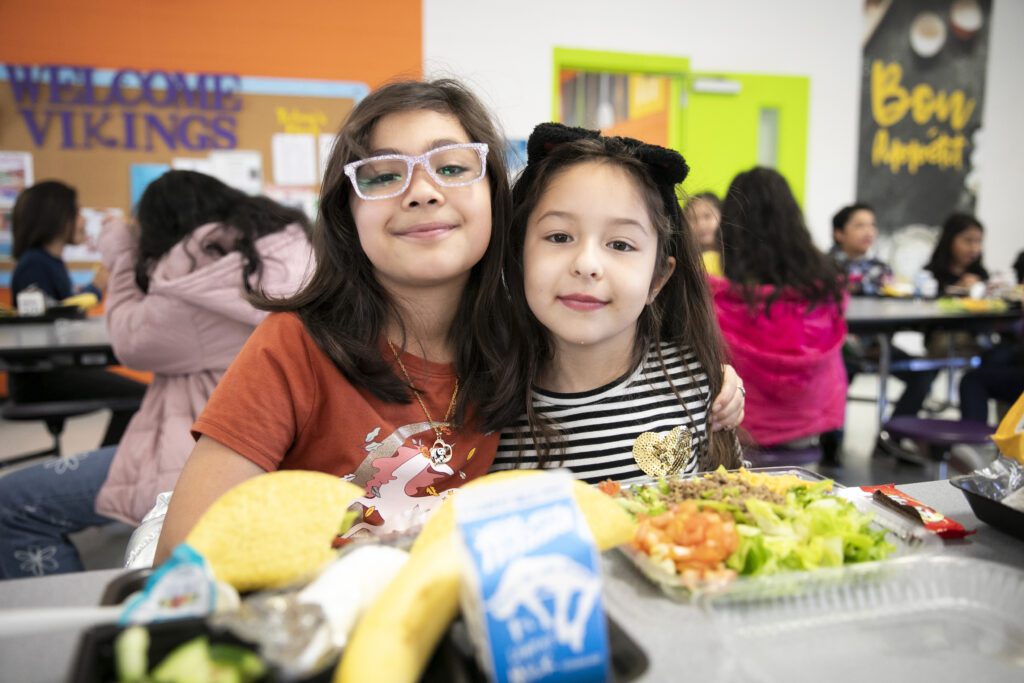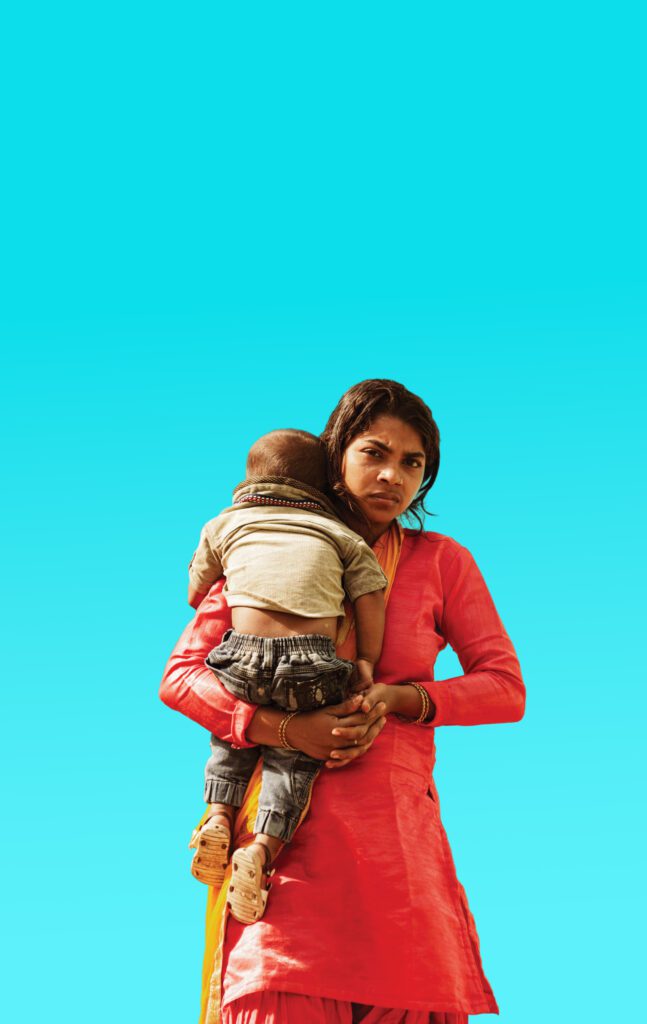
A national commission’s report to Congress can seem like an academic exercise at times, but there was nothing academic about coming face to face with young moms who fled violence and abuse in Mexico, to clean homes and sell tamales in Texas, hoping for a better life for their kids. Tears, pleas and hugs said more than their translated words about a level of suffering on our side of the border that has become the norm as politicians remain paralyzed on immigration reform.
At the end of June the National Commission on Hunger visited the Texas/Mexico border in the Rio Grande Valley for a field visit and hearing. Hosted by The Texas Hunger Initiative, we traveled in and around El Paso, meeting families struggling with hunger, health care, jobs, and the nearly insurmountable challenges of addressing them while undocumented. Many were from colonias, the unincorporated settlements often lacking basic infrastructure like water and electricity.
The Texas border is 1254 miles of paradox. Families with four or five kids may have one or two born here and therefore U.S. citizens entitled to benefits such as SNAP, but with brothers and sisters who are not. Seniors without enough food for more than one meal a day, are too proud to seek emergency food assistance. Families who fled poverty in Mexico find conditions too similar here: “There is light in our streets but darkness in our homes” said one man.
“How do you manage to get by on disability and SNAP payments that add up to only $800 a month?” a commissioner asked one older man, now a U.S. citizen. He replied: “God squeezes but he doesn’t choke you.”
During testimony, one food bank director said their work was no longer “emergency food assistance” because they see clients an average of seven times a year which means “they are chronically food insecure because they are chronically economically insecure.” We heard compelling arguments, as we have elsewhere, for more flexibility in summer feeding.
Many we met argued that in the world beyond Washington’s convenient constructs, the issues are intertwined and must be dealt with holistically and comprehensively if we are to have a chance of solving the hunger at the heart of the Commission’s charge. If the Commission could get Congress to embrace that wisdom from the colonias, it might be the greatest contribution we make.


